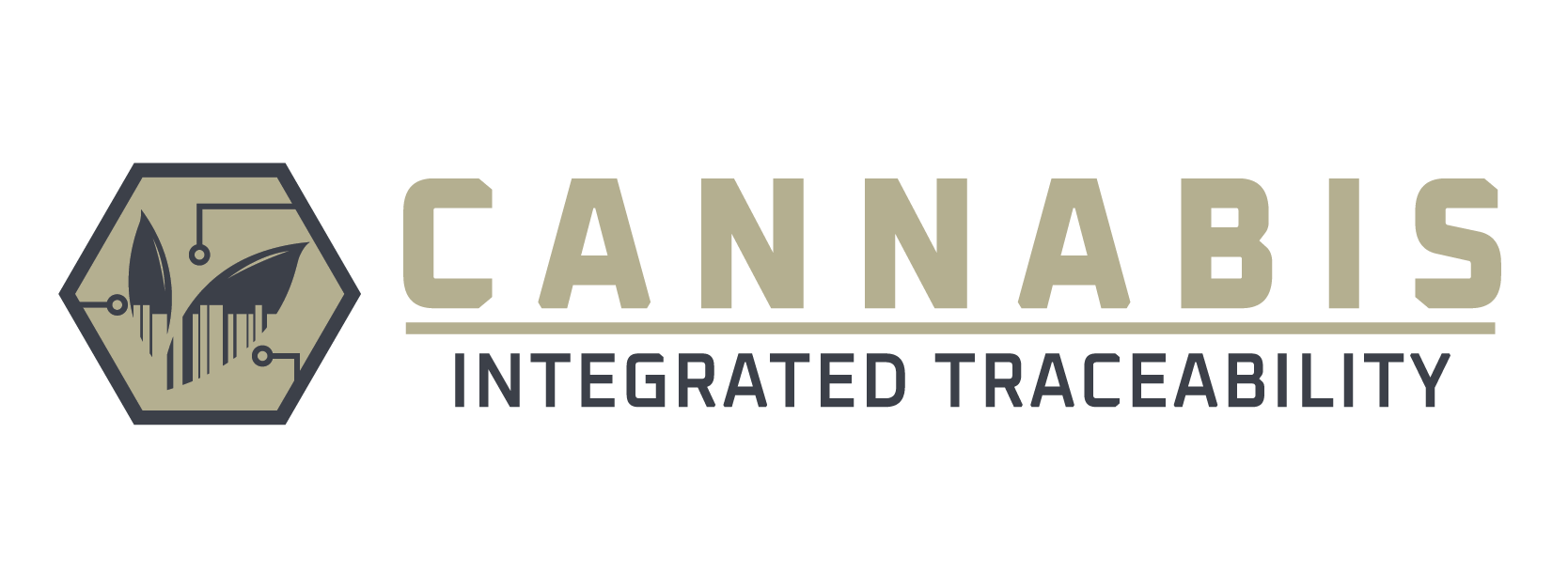In the competitive world of cannabis regulation, winning a state contract for a seed-to-sale tracking system isn’t just about having the best technology—it’s about delivering trust, transparency, and a rock-solid understanding of compliance. For software companies eager to break into or expand within this tightly regulated space, winning a government seed-to-sale bid is a high-stakes endeavor that demands much more than a slick interface.
Here’s what it truly takes to come out on top.
1. Deep Understanding of Regulatory Compliance
At the core of any successful bid lies a company’s mastery of state-specific cannabis laws. Every state has its own framework for cultivation, distribution, and sales, and the software must support enforcement efforts through granular data capture and tracking capabilities. A winning bidder shows they understand more than just compliance—they demonstrate how their system actively supports state regulators with real-time enforcement, auditing, and reporting tools.
To stand out, companies must map their features to the state’s legislative and administrative code, highlighting exactly how their platform fulfills statutory requirements.
2. Proven Track Record
States aren’t looking for rookies. They prefer vendors with successful rollouts in other jurisdictions. Whether it’s BioTrack, Metrc, or MJ Freeway, the most commonly awarded contracts go to vendors who can show operational systems with uptime statistics, audit logs, and customer references from other state programs.
A strong bid will include case studies, testimonials, and analytics that prove the system’s durability and performance in other markets.
3. Robust Data Security and System Redundancy
Given the sensitive nature of cannabis supply chain data—ranging from cultivator and patient information to financial transactions—data security is non-negotiable. To win a state contract, companies must demonstrate end-to-end encryption, multifactor authentication, SOC 2 compliance, and disaster recovery capabilities.
Cybersecurity documentation, intrusion detection systems, and 24/7 monitoring will often be key points of comparison in a proposal evaluation.
4. Interoperability with Third-Party Systems
Seed-to-sale systems must serve not only regulators but also the thousands of licensed operators within the state. That means the winning system must integrate easily with POS systems, inventory software, labs, and APIs used by cultivators, manufacturers, and retailers.
Demonstrating open API architecture, sandbox testing environments, and real-time data syncing capabilities makes a proposal more appealing to regulators who need flexibility and long-term scalability.
5. Strong Training and Technical Support Services
A critical element of any bid is how well the vendor supports both regulators and licensees post-implementation. States want to see a structured onboarding process, multilingual training materials, and responsive customer service teams based in the U.S.
Offering 24/7 technical support, onsite training options, and dedicated account managers can give companies a significant edge during the scoring process.
6. Competitive Pricing with Transparent Cost Structures
While price isn’t the only factor, it can be a tie-breaker. States want maximum value without hidden costs. Vendors must provide clear, itemized pricing that outlines implementation, support, licensing, data hosting, and user fees.
A flexible pricing model that aligns with a state’s budget while offering long-term cost predictability often seals the deal.
Final Thought
Winning a seed-to-sale state contract requires more than building a compliant system—it demands a deep, strategic approach that balances innovation with accountability. For software companies entering the race, success hinges on one thing: building a system regulators can trust to protect public safety and ensure a thriving, legal cannabis market.







